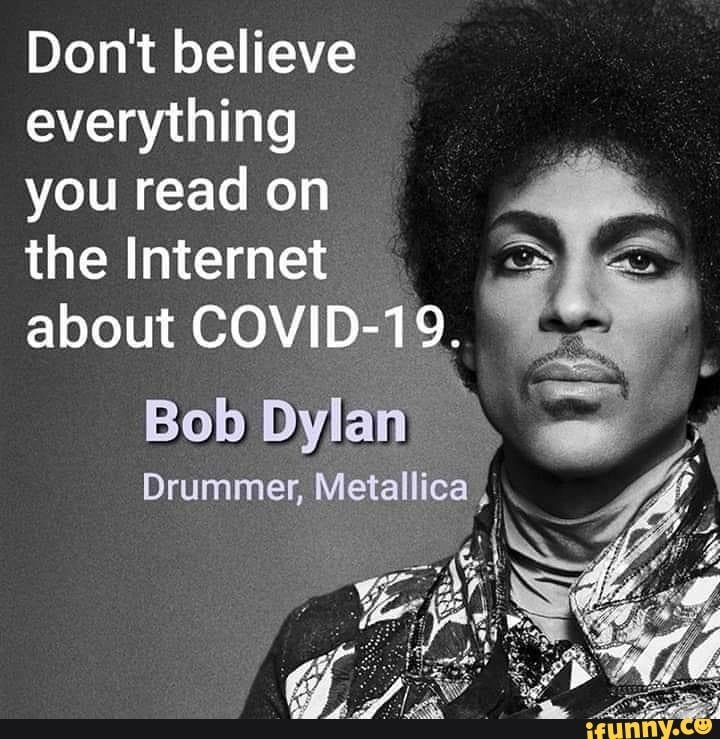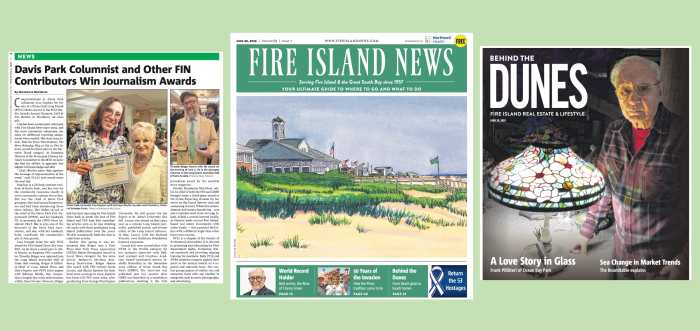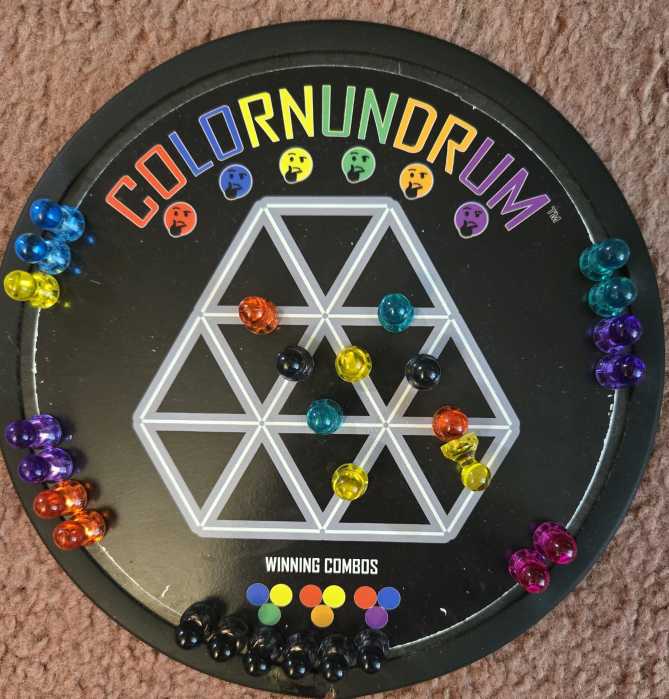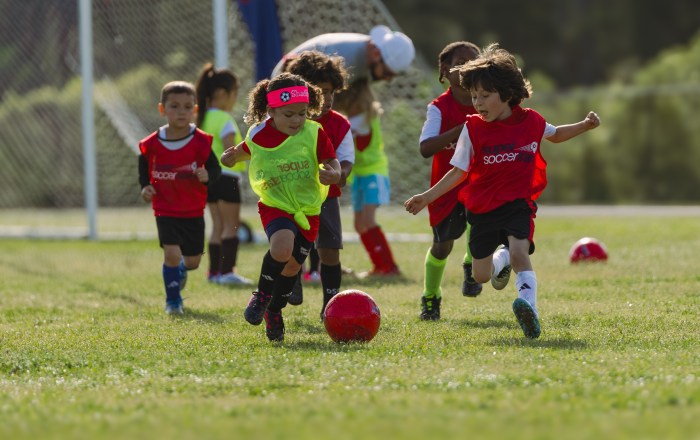 By Damaso Reyes ~ The Fourth of July is the day Americans traditionally celebrate the formal start of our experiment in self-government. While that experiment in freedom didn’t include all Americans at first, over the centuries we have widened the circle to increasingly include more and more of us. At the heart of self-government is ability for citizens to make informed decisions and mis- and disinformation is a mortal threat to our ability to make the kinds of choices for our families and communities that will allow us to enjoy the freedoms our ancestors fought so hard for, and that some of us are still fighting for.How is this possible? At its heart misinformation, which includes all types of false information including rumors and satire as well as the more sinister disinformation, which is false information that is intentionally created or spread, is all about manipulation. Someone, somewhere, creates a meme or sends out a chain email with the intention of getting you to believe something that isn’t true. Our actions are based in large part on our beliefs and the information we have at hand.Often those who create misinformation are trying to get us to take action. Sometimes that action is as simple as passing along the misinformation through our social media network. Other times the actions have more weight, like convincing us to support or vote for or against a candidate or piece of legislation. More insidiously misinformation is created and spread simply to cause division in our society. As the documentary series “Operation Infektion” points out, spreading misinformation is an old Cold War tactic that has been revived for the 21st century.How can we function as a democratic, polaristic society if we are being manipulated from without and within?Much like the pandemic we have been battling for the last 18 months, there is not single silver bullet. We need to take a holistic approach, one that holds social media companies accountable for their role in allowing misinformation to flourish but also one that arms against and protects us from misinformation. Much like being vaccinated dramatically lowers the chances of catching and spreading COVID-19, we can inoculate ourselves against misinformation. This doesn’t mean that we are perfectly protected but it does mean that we are less likely to believe and spread misinformation when we encounter it.So, can we get vaccinated against misinformation? If only it was as easy as getting a shot! A guide from First Draft News offers us a handy, step by step process that, with practice, can help us quickly determine if something might be misinformation.First, we need to recognize that all information is not the same and all sources of information are not worthy of our trust. When thinking about information you might come across online about COVID-19 for example, consider the source of the information. Is the person sharing the information the source? If not, is it clear what the source is? If the person is the source of the information, what authority or expertise do they have that indicates they know what they are actually talking about?Checking the other posts or information a source has shared in the past can help us determine credibility. If your source has a history of spreading conspiracy theories or unfounded rumors you should be cautious. Looking at the information in front of you, what evidence is provided to support the claim being made? I might like a post that claims eating chocolate cake makes you smarter since I really love chocolate cake but is there a link to a scientific, peer reviewed study in a medical journal? Is a scientist or expert quoted? If so, can I quickly search to see if the study or person is real and what they claim in the post is real?It is also critical that we be aware of our emotions when we are on social media. A lot of misinformation is created to specifically provoke a strong emotional response. You might see a post that claims the government is attacking a social group you are a part of or feel affiliated with. That could provoke a strong defensive reaction in you that overrides your ability to think critically. You might then share that post, allowing the misinformation to spread virally. So take a breather when you react strongly to something on social media and go through the steps above to help yourself understand if the information you just responded to is real or a manipulation.Ben Franklin was once asked what kind of government Americans had created. His response was “A republic, if you can keep it.” This Fourth of July let’s do our best to make sure that we keep our independence from misinformation. Damaso Reyes is an independent journalist and the founder of www.Clarify.Media, a media literacy training and consulting company.
By Damaso Reyes ~ The Fourth of July is the day Americans traditionally celebrate the formal start of our experiment in self-government. While that experiment in freedom didn’t include all Americans at first, over the centuries we have widened the circle to increasingly include more and more of us. At the heart of self-government is ability for citizens to make informed decisions and mis- and disinformation is a mortal threat to our ability to make the kinds of choices for our families and communities that will allow us to enjoy the freedoms our ancestors fought so hard for, and that some of us are still fighting for.How is this possible? At its heart misinformation, which includes all types of false information including rumors and satire as well as the more sinister disinformation, which is false information that is intentionally created or spread, is all about manipulation. Someone, somewhere, creates a meme or sends out a chain email with the intention of getting you to believe something that isn’t true. Our actions are based in large part on our beliefs and the information we have at hand.Often those who create misinformation are trying to get us to take action. Sometimes that action is as simple as passing along the misinformation through our social media network. Other times the actions have more weight, like convincing us to support or vote for or against a candidate or piece of legislation. More insidiously misinformation is created and spread simply to cause division in our society. As the documentary series “Operation Infektion” points out, spreading misinformation is an old Cold War tactic that has been revived for the 21st century.How can we function as a democratic, polaristic society if we are being manipulated from without and within?Much like the pandemic we have been battling for the last 18 months, there is not single silver bullet. We need to take a holistic approach, one that holds social media companies accountable for their role in allowing misinformation to flourish but also one that arms against and protects us from misinformation. Much like being vaccinated dramatically lowers the chances of catching and spreading COVID-19, we can inoculate ourselves against misinformation. This doesn’t mean that we are perfectly protected but it does mean that we are less likely to believe and spread misinformation when we encounter it.So, can we get vaccinated against misinformation? If only it was as easy as getting a shot! A guide from First Draft News offers us a handy, step by step process that, with practice, can help us quickly determine if something might be misinformation.First, we need to recognize that all information is not the same and all sources of information are not worthy of our trust. When thinking about information you might come across online about COVID-19 for example, consider the source of the information. Is the person sharing the information the source? If not, is it clear what the source is? If the person is the source of the information, what authority or expertise do they have that indicates they know what they are actually talking about?Checking the other posts or information a source has shared in the past can help us determine credibility. If your source has a history of spreading conspiracy theories or unfounded rumors you should be cautious. Looking at the information in front of you, what evidence is provided to support the claim being made? I might like a post that claims eating chocolate cake makes you smarter since I really love chocolate cake but is there a link to a scientific, peer reviewed study in a medical journal? Is a scientist or expert quoted? If so, can I quickly search to see if the study or person is real and what they claim in the post is real?It is also critical that we be aware of our emotions when we are on social media. A lot of misinformation is created to specifically provoke a strong emotional response. You might see a post that claims the government is attacking a social group you are a part of or feel affiliated with. That could provoke a strong defensive reaction in you that overrides your ability to think critically. You might then share that post, allowing the misinformation to spread virally. So take a breather when you react strongly to something on social media and go through the steps above to help yourself understand if the information you just responded to is real or a manipulation.Ben Franklin was once asked what kind of government Americans had created. His response was “A republic, if you can keep it.” This Fourth of July let’s do our best to make sure that we keep our independence from misinformation. Damaso Reyes is an independent journalist and the founder of www.Clarify.Media, a media literacy training and consulting company.




























